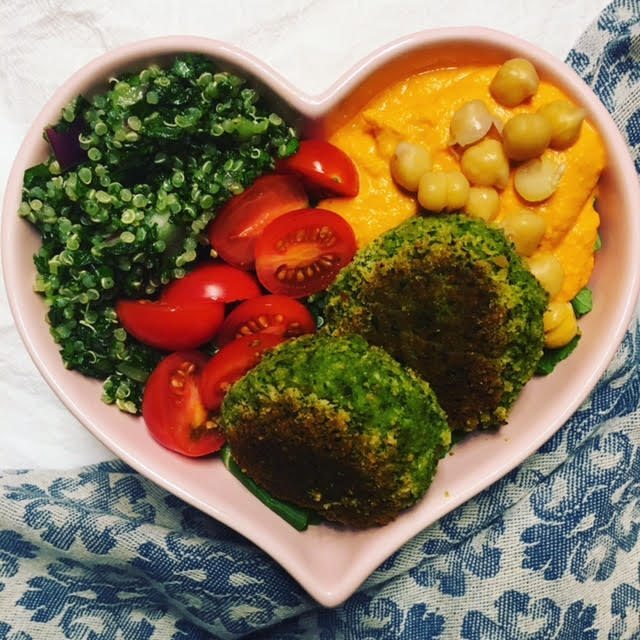A true Vegan knows that being so extends beyond one’s diet and kitchen.
Veganism is a practice abstaining from anything, directly or indirectly, related to animal products. It’s more of a lifestyle and not just some diet. It’s a personal preference to reject the usage of animal food source and by-products. This is to show respect and value animal rights, and having a leather couch doesn’t really reflect that. It takes a lot of dedication and unadulterated passion for animals and the environment to live as Vegan.
To help you live and breathe Vegan, here are four simple ways to make your home vegan friendly:
- Go for wood.
To be specific, furniture made from sustainable wood. Opting for tables, chairs, and other decors that are made from sustainable wood (woods that are manufactured from renewable and managed forests) shows your support against illegal logging and deforestation. Animals need the forest and foliage, and in this way you’re helping preserve their habitat.
This is also not limited to furniture; you can have a house completely built from sustainable woods. Just ask your home builder contractors on what options you have for wood. You can always go for woods that are most sustainable like timber, oak, and even fast-growing trees like pine.
We all know that there are companies that test their products on animals. It is simply outdated and barbaric to test on animals and let them suffer as if their existence is not as important as us. Millions of animals die every year to this tragic practice.
Opt for products, be it for home like cleaning agents or for personal like make-ups, that are eco- and animal-friendly. We’re in a generation where technology is beyond us and non-animal testing methods are available. There’s no excuse to abusing and torturing animals. There are many apps like Cruelty-Cutter that can help you make conscious choices. Also, PETA has an online search tool that can be used to find companies that are cruelty-free, so check first before buying.
- Fabric matters
There’s nothing that adds instant elegance and glamour to living rooms than a classic leather couch. Obviously, if you’re a Vegan, that’s not a great choice to embellish your house with. This goes as well with suede, silk, and wool. But if you still want to achieve that elegant look for your house, you can always opt for synthetic leather. You’ll get your couch and no animal has to die for it.
Practicing Veganism has some extra bonuses. One, is you get to save money. Instead of buying expensive silk curtains, suede shoes, or wool blankets, choose something cheaper like cotton, polyester, tencel, acrylic, or linen. A curtain is just a curtain at the end of the day.
To be honest, these ways are easier to say than done. But if Veganism is your passion and your life’s principle, these are just simple ste ps to show your love and support for animals and the environment. Make your house more humane and eco-friendly. Make it Vegan, make it you.
– Jane







